Optimal Seasons for Foundation Repairs
Foundation repairs are most effective when performed during specific seasonal conditions. The optimal time depends on weather patterns, soil conditions, and the type of repair needed. Understanding these factors can help ensure the longevity and stability of the repair work.
Spring offers moderate temperatures and soil moisture levels, making it suitable for foundation repairs. However, heavy rain can sometimes delay work.
Warm weather and dry soil conditions are advantageous for many repairs. Avoiding extreme heat prevents curing issues in certain materials.
Cooler temperatures and stabilized soil moisture make fall an ideal time for foundation work before winter.
Cold temperatures and frozen ground can hinder repair processes and cause delays. Repairs are generally less recommended during winter months.
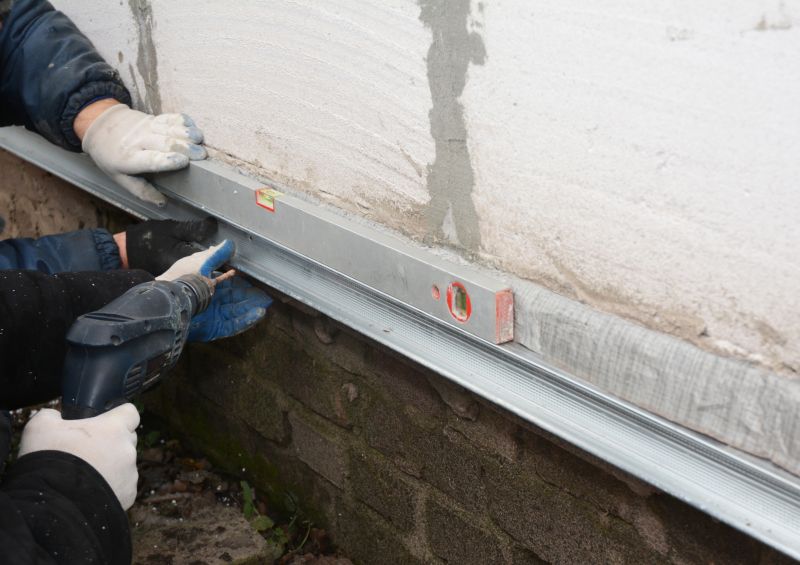
Ways to make Foundation Repairs work in tight or awkward layouts.
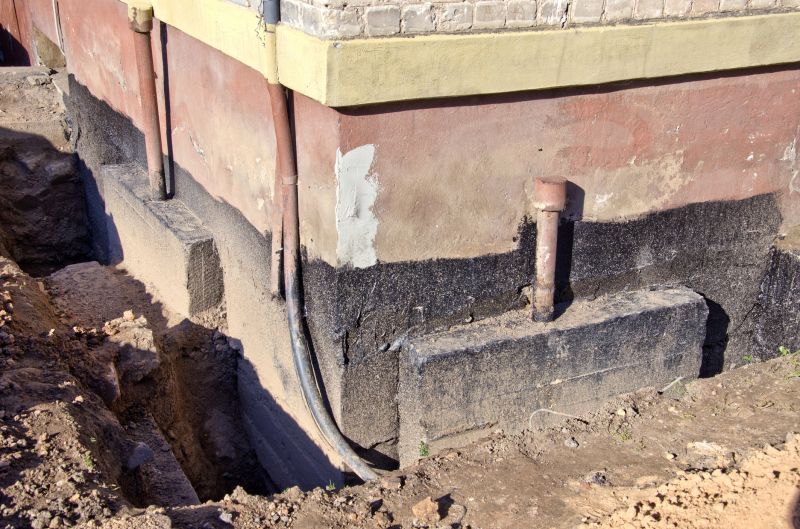
Popular materials for Foundation Repairs and why they hold up over time.
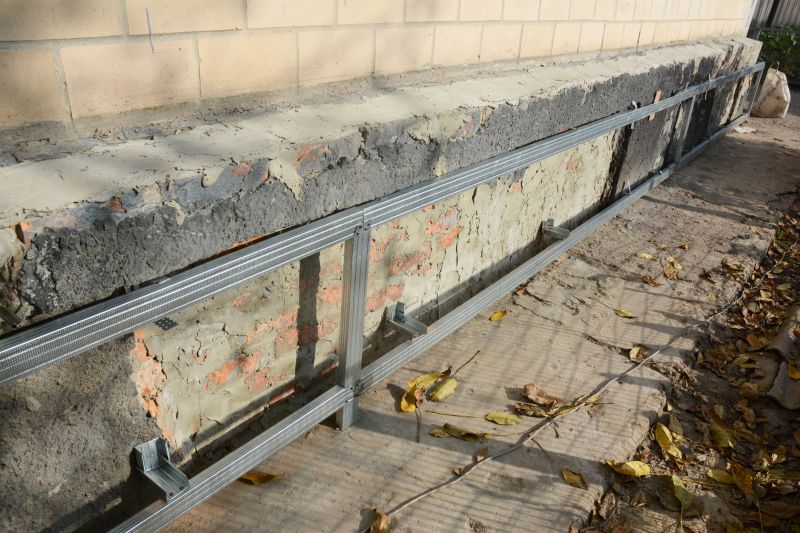
Simple add-ons that improve Foundation Repairs without blowing the budget.
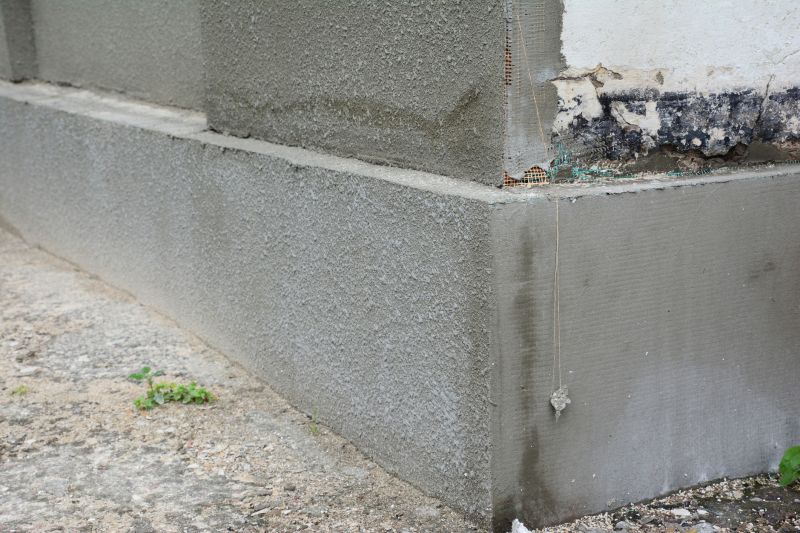
High-end options that actually feel worth it for Foundation Repairs.
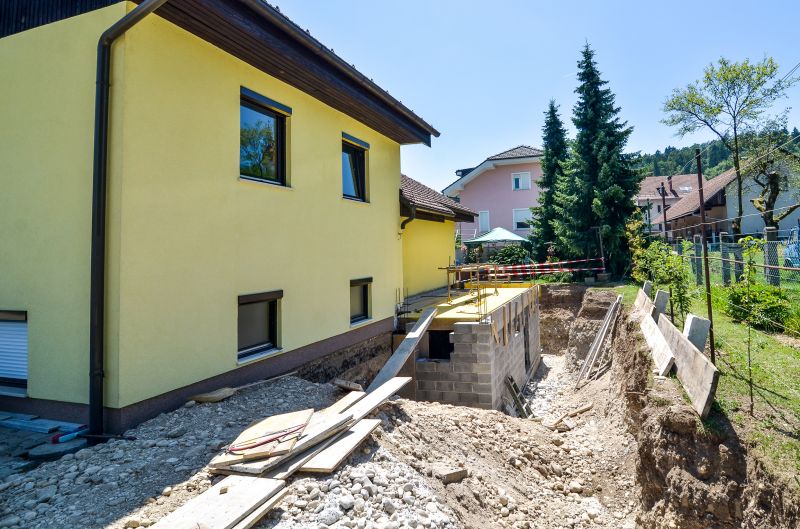
Finishes and colors that play nicely with Foundation Repairs.
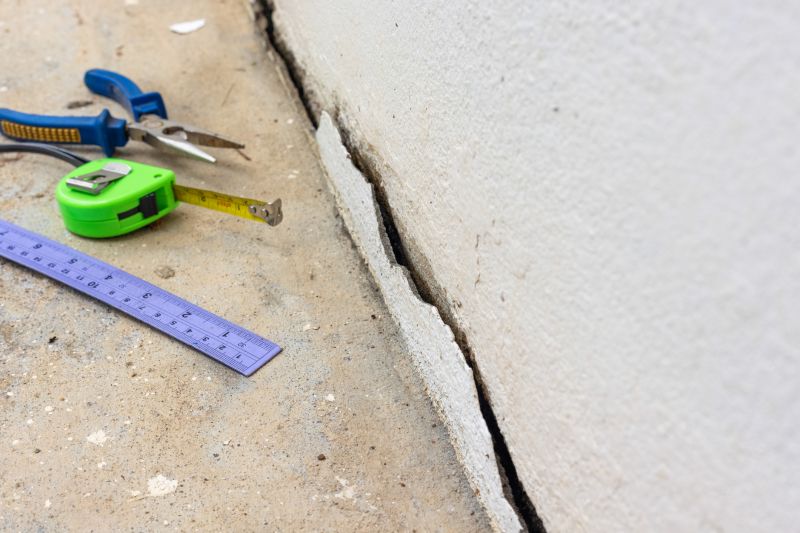
Little measurements that prevent headaches on Foundation Repairs day.
Foundation repairs address issues such as settling, cracking, and shifting that can compromise a building’s stability. Proper timing ensures that repairs are effective and durable, preventing further damage and costly future work.
Statistics indicate that early intervention can reduce repair costs significantly. Seasonal factors influence soil movement, which directly affects foundation integrity. Conducting repairs during optimal weather conditions minimizes complications and enhances results.
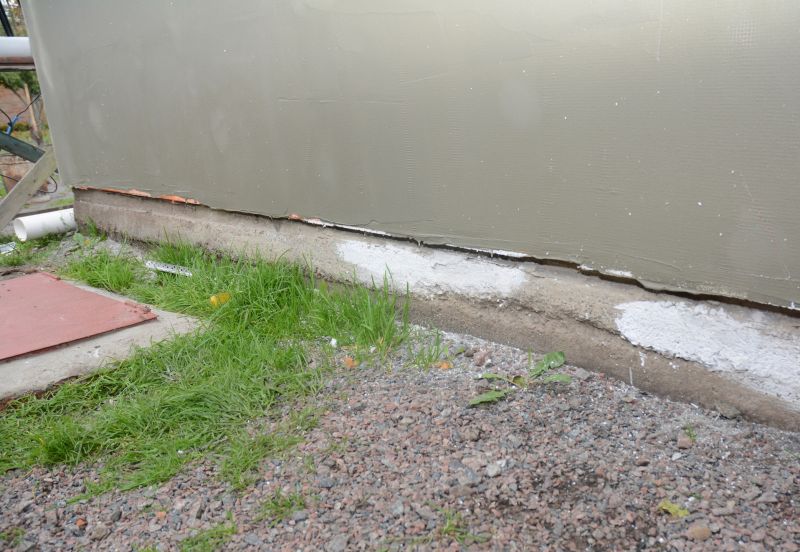
A 60-second routine that keeps Foundation Repairs looking new.
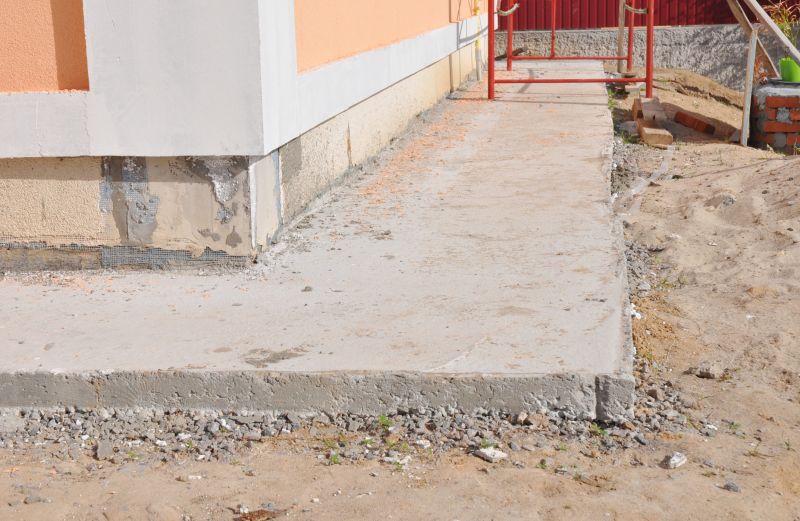
A frequent mistake in Foundation Repairs and how to dodge it.
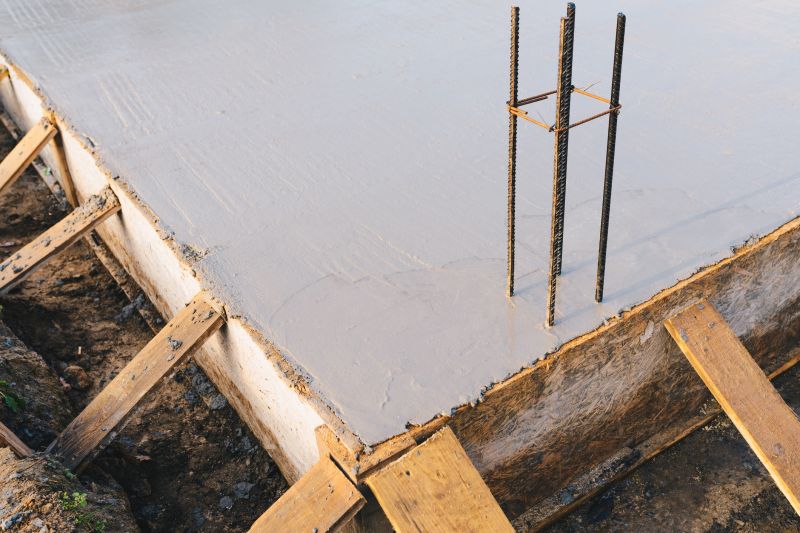
Small tweaks to make Foundation Repairs safer and easier to use.
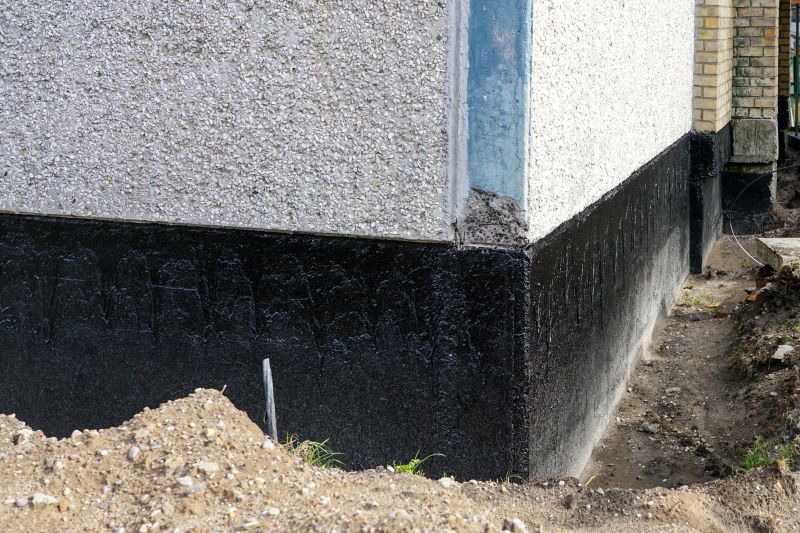
Lower-waste or water-saving choices for Foundation Repairs.
| Season | Best for Foundation Repairs |
|---|---|
| Spring | Moderate soil moisture, suitable for most repairs |
| Summer | Warm and dry, ideal for many repair types |
| Fall | Cooler temperatures, good for pre-winter repairs |
| Winter | Cold and frozen ground, generally not recommended |
| Overall | Spring and fall offer optimal conditions |


